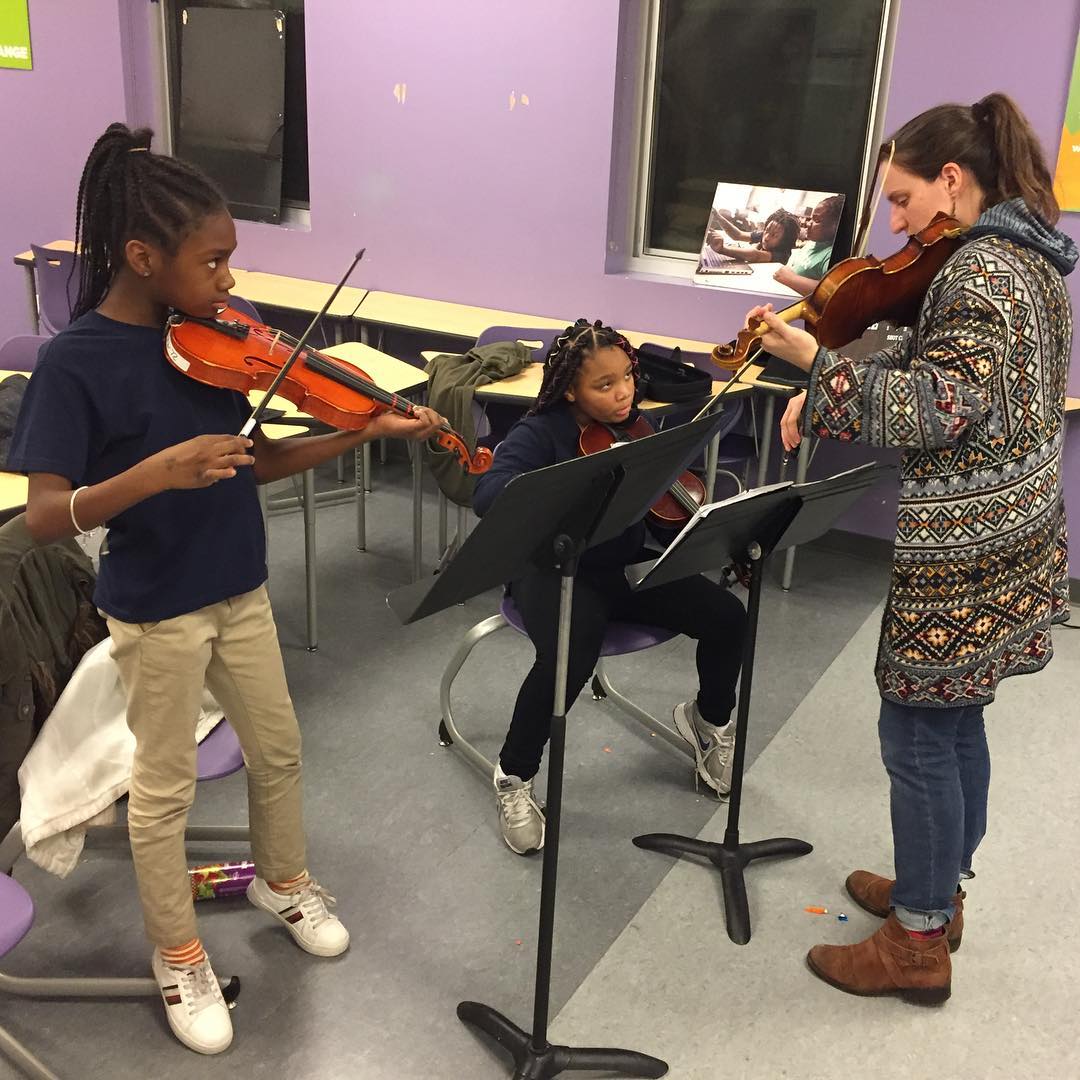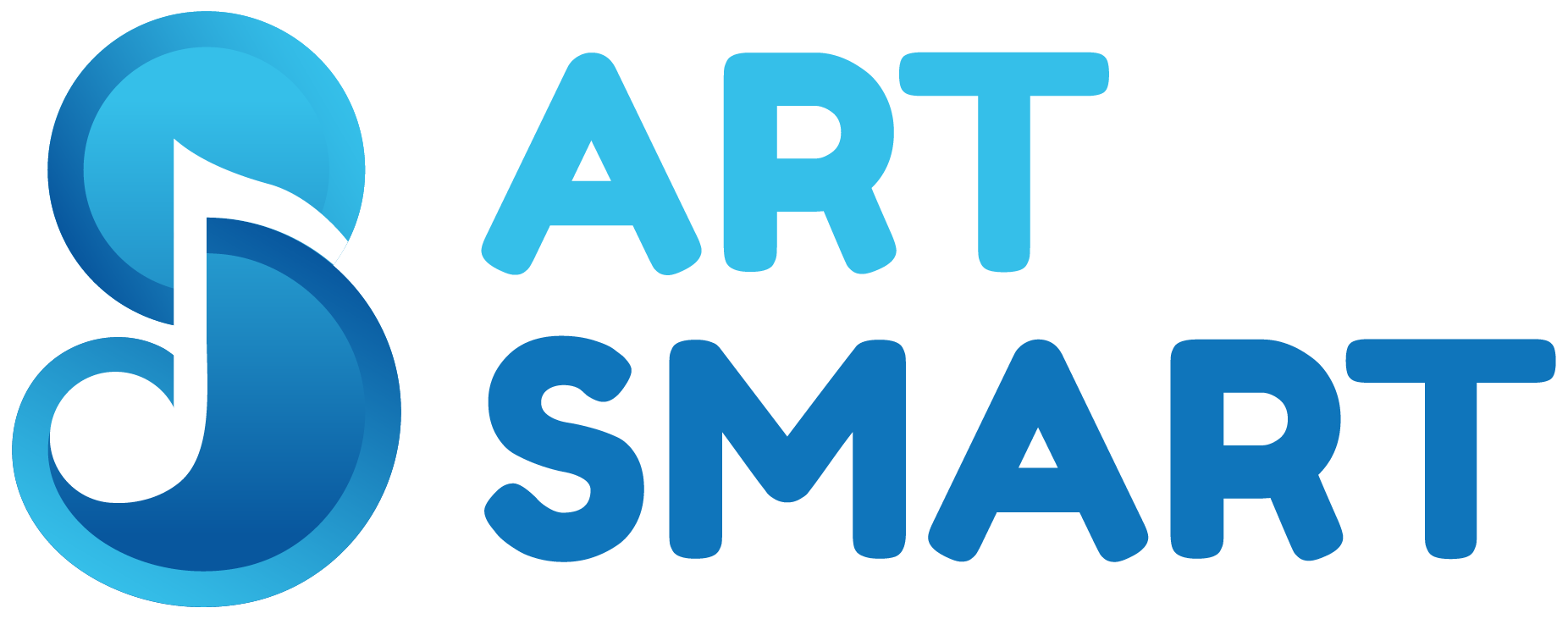
I have loved to sing for as long as I can remember. There is something deeply personal about singing and listening to others. This is because as singers, we are our own instrument. Our voices are an extension of ourselves, from the most well-trained vocalist, to the amateur for whom singing is a joyful outlet for self-expression. When we sing, we can’t help but share a part of ourselves with whomever is listening.
Because of this, I’ve always considered it a privilege to teach voice—to help others discover ways of singing that are free of tension and true to what they want to express—and to share the voices of others though vocal music. In my career so far, I have been so lucky to be able to do both of these things. I am so thrilled to be teaching at ArtSmart, whose mission of bringing high-quality vocal instruction to youth who would not otherwise have access is near to my heart.
In 2015, I co-founded Lynx Project, a nonprofit art song organization whose mission is to share voices and connect communities through innovative art song performances and educational initiatives. Our team of founding members believed that art song—poetry set to music for voice and piano—is universally relatable, despite usually being relegated to the walls of conservatories. We wanted to show how accessible this music truly is and how well it can be used to highlight diverse voices, particularly voices that may otherwise be overshadowed.
The project in which this is best demonstrated is our Autism Advocacy Series. In this series we work with youth who have autism and are primarily nonverbal to amplify their voices through art song. Over the course of the year, we collect poetry that these youth write, and commission composers to set their words to music for voice and piano. The works that emerge from this project are beautiful, powerful, and sometimes heartbreaking in their poignancy. We hold world-premiere concerts of these works for the youth and their community, as well as the general public. Our aim is to showcase the important voices of those who are primarily nonverbal—voices which are often overlooked. Additionally, we hope the presence of these songs in the canon of art song repertoire will center voices which are not usually seen in classical music. To our knowledge, these songs—which now feature eleven youth—are the first- ever art songs to feature poetry by nonverbal individuals with autism. It is our privilege to be able to add their voices to the rapidly diversifying canon of song, and to support modern composers while doing so.
In addition to Lynx Project, my work has largely been centered in community music and El Sistema- inspired programs. I have taught, administrated for, and run operations at several organizations that offer free orchestral instruction to underserved populations. I firmly believe that all people should have access to a musical education, and that this is where the future of classical music lies. The more people have access, the more voices will be represented by our amazing genre of music, and the richer classical music will become. I enjoy working with the talented students of ArtSmart, and helping them grow in technique and confidence so that they feel empowered to share their voices with the world.
Article DETAILS:
By Caitleen Kahn | Published on 03/31/2020

